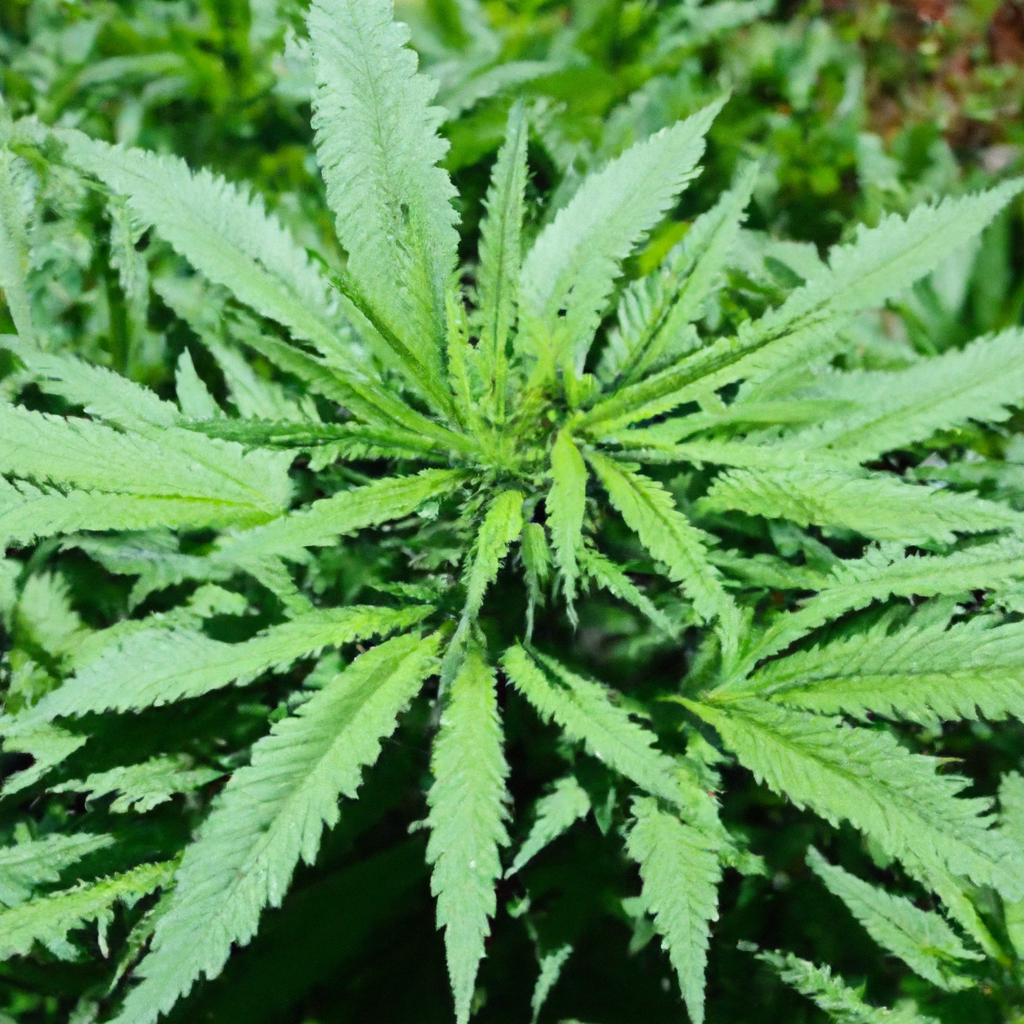Your cart is currently empty!
As the cannabis industry continues to grow, many cultivators are shifting towards organic methods that prioritize sustainability and environmental stewardship. Organic cannabis not only supports healthier ecosystems but also provides consumers with cleaner and safer products. This article explores the best practices for organic cannabis cultivation, focusing on natural fertilizers, composting, and sustainable pest management techniques.
Building a Healthy Soil Ecosystem
The foundation of successful organic cannabis cultivation lies in building a healthy soil ecosystem. Rich, nutrient-dense soil supports robust plant growth and enhances the natural flavors and aromas of cannabis strains. Here are some essential tips for building healthy soil:
- Companion Planting: Incorporate plants like basil, marigold, and chamomile around your cannabis plants to deter pests naturally and enhance soil fertility.
- Utilize Compost: Regularly amend your soil with well-aged compost to improve its texture and nutrient content, fostering a thriving growing environment.
- Integrate Beneficial Microbes: Introduce beneficial bacteria and fungi to enhance nutrient cycling and increase the bioavailability of essential nutrients.
Natural Fertilizers and Nutrients
Opting for natural fertilizers ensures your plants receive essential nutrients without the harmful effects of synthetic chemicals. Consider these organic fertilizers:
- Fish Emulsion
- A liquid fertilizer rich in nitrogen, promoting vigorous leaf growth, particularly in the vegetative stage.
- Kelp Meal
- Provides a wealth of micronutrients and growth hormones, enhancing overall plant resilience and productivity.
- Bone Meal
- An excellent source of phosphorus, crucial for root development and flowering.
Sustainable Pest Control Methods
Maintaining a pest-free grow while avoiding chemical pesticides can be challenging, yet rewarding. Sustainable pest management techniques preserve beneficial organisms and protect biodiversity:
- Introduce Natural Predators: Use ladybugs and predatory mites to control aphids and spider mite populations effectively.
- Neem Oil Applications: Derived from the neem tree, this natural insecticide disrupts pest breeding cycles without harming beneficial insects.
- Herbal Sprays: Utilize sprays made from garlic, chili, or peppermint oil to deter common pests in an eco-friendly manner.
Benefits of Organic Cannabis
Choosing organic practices in cannabis cultivation offers numerous advantages for both the environment and consumers:
- Environmental Impact: Organic methods minimize soil and water pollution, conserve biodiversity, and improve soil health.
- Consumer Health: Free from synthetic pesticides and fertilizers, organic cannabis is safer, providing clean and potent products.
- Aromatics and Flavor Profiles: Organic practices often lead to superior terpene profiles, enhancing the aroma and taste of the final product.


Leave a Reply